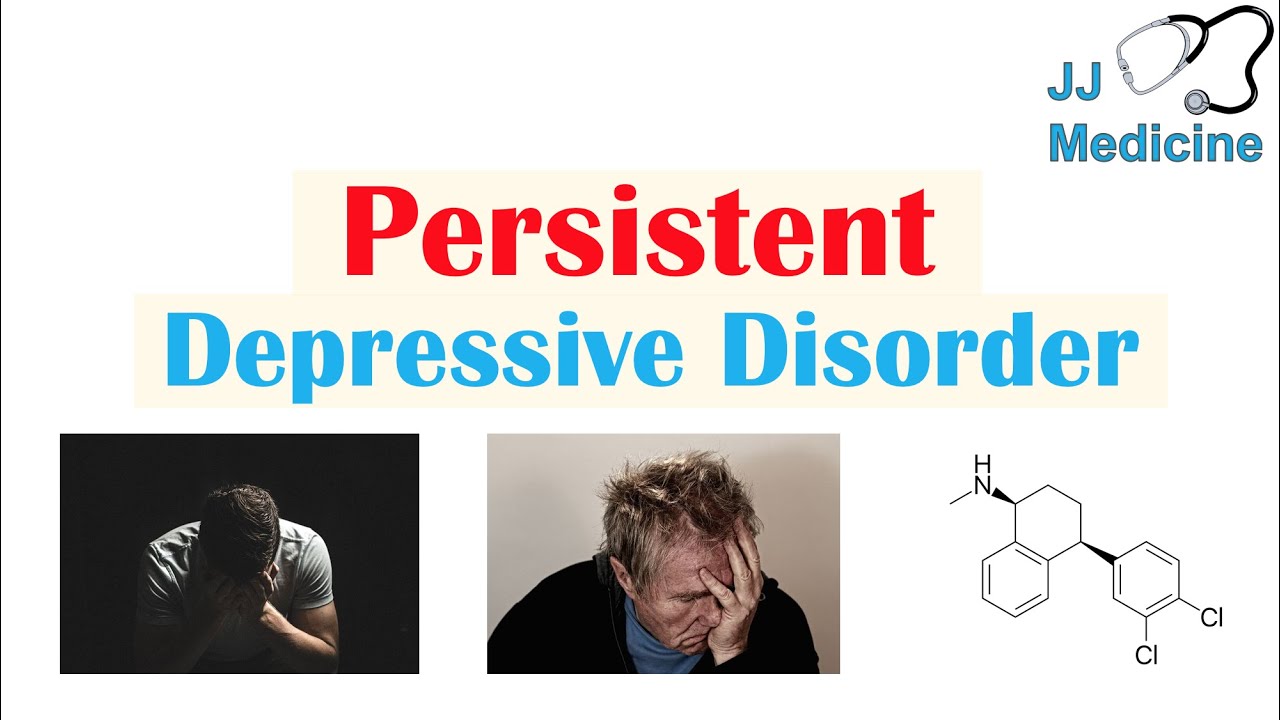 The (You may also be interested: This is the symptom of depression that nobody talks about)
The (You may also be interested: This is the symptom of depression that nobody talks about)Symptoms of dysthymia
The symptoms of dysthymic disorder are mild and persistent, although occasionally there may be episodes of greater severity. In these cases, episodes of major depression may occur before or during persistent depressive disorder, which is sometimes called double depression.
It is also common for symptoms to appear and disappear over the years. However, usually a person with dysthymia does not spend more than two months without symptoms.
These are the signs that you should keep in mind:
- Missing
- Sadness, feeling of emptiness, depression
- Hopelessness
- Tiredness and lack of energy
- Low self-esteem, self-criticism or feeling helpless or useless
- Difficulty concentrating and making decisions
- Irritability or excessive anger
- Decreased activity, efficiency and productivity
- Avoid social activities, isolation
- Feelings of guilt and worries about the past
- Lack of appetite or eating too much
- Problems sleeping
Causes and risk factors
The truth is that today the exact cause of persistent depressive disorder is unknown. However, it is known that there are issues that can influence its appearance.
- Chemistry of the brain
Brain neurotransmitters play an important role in mood, and are also related to their disorders.
Although Persistent depressive disorder seems to be more frequent in people whose blood relatives also have the disorder. Researchers are trying to find genes that can cause depression.
- Events of life
As in major depression, traumatic events, such as the loss of a loved one or economic problems can cause persistent depressive disorder in some people.
Another possible cause is to be subjected to high levels of stress, which could help explain why it currently has so much incidence.
How is it treated?
If you think you might be suffering from a dysthymia, the ideal is to consult with a mental health professional. A therapy can help you diagnose the situation correctly, and give you strategies to reverse it.
Also It is very important that you also aim to reduce stress levels in your life. Meditating, doing yoga or practicing mindfulness can be very helpful.
(You may also be interested in: How to treat depression from biodecoding)
Did you know dysthymia? What did you think of the article?
Important: It should be clarified that the page does not give medical advice or prescribe the use of techniques as a form of treatment for physical or mental problems without the advice of a doctor, either directly or indirectly. In the case of applying for this purpose some information of this site, the page does not assume the responsibility of those acts. The intention of the site is only to offer information of a general nature to help in the search of development and personal growth.
Sources: Mayo Clinic
